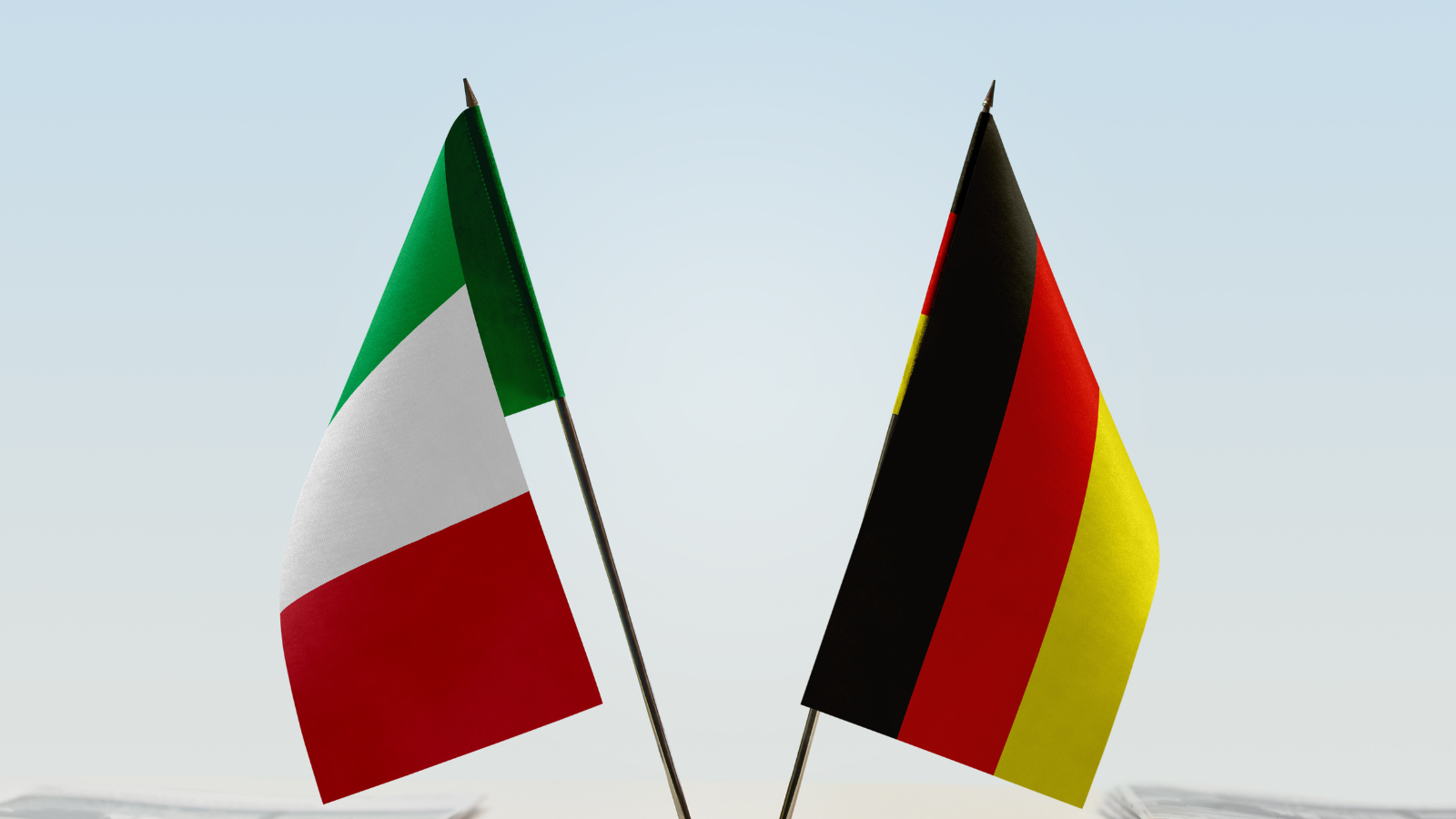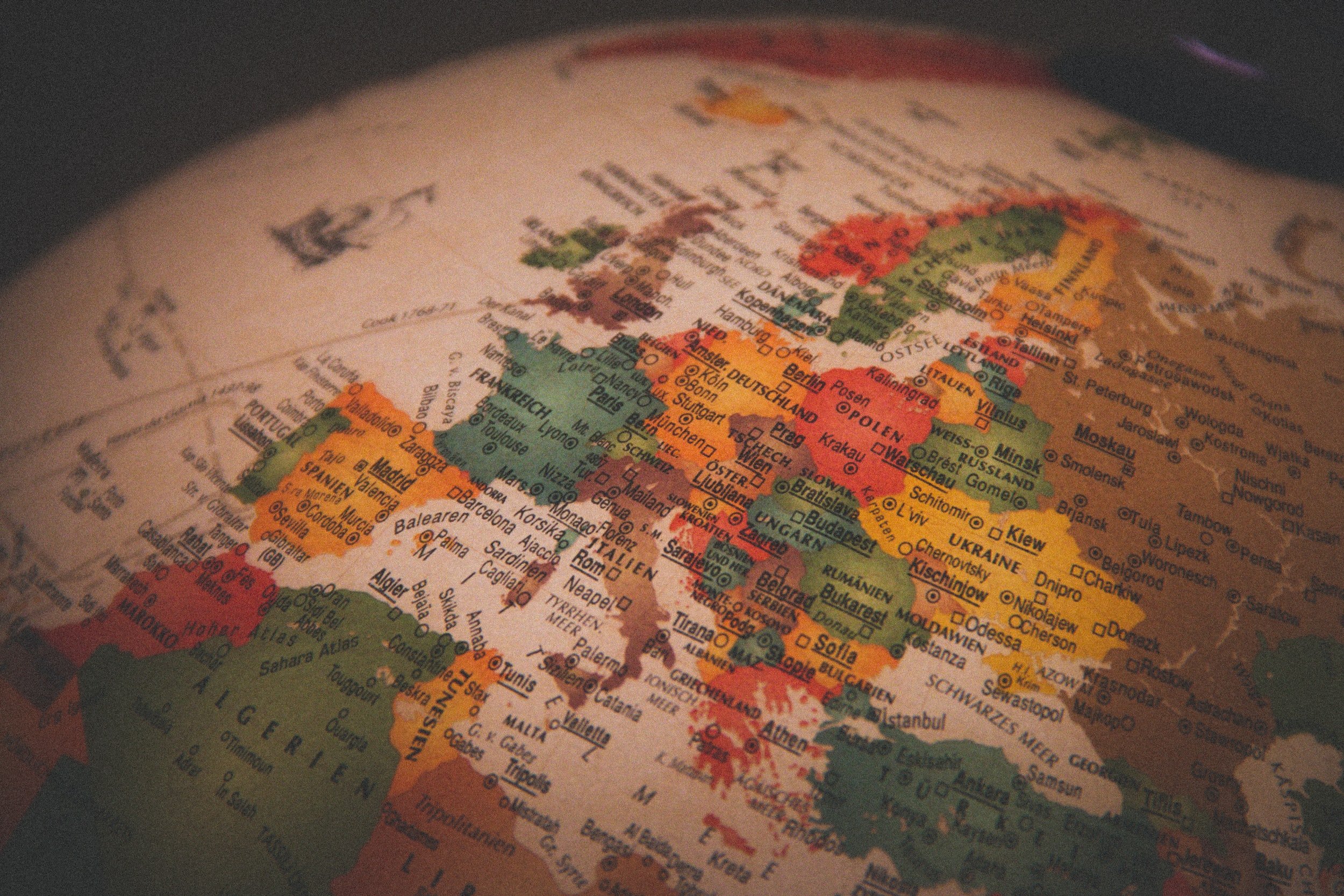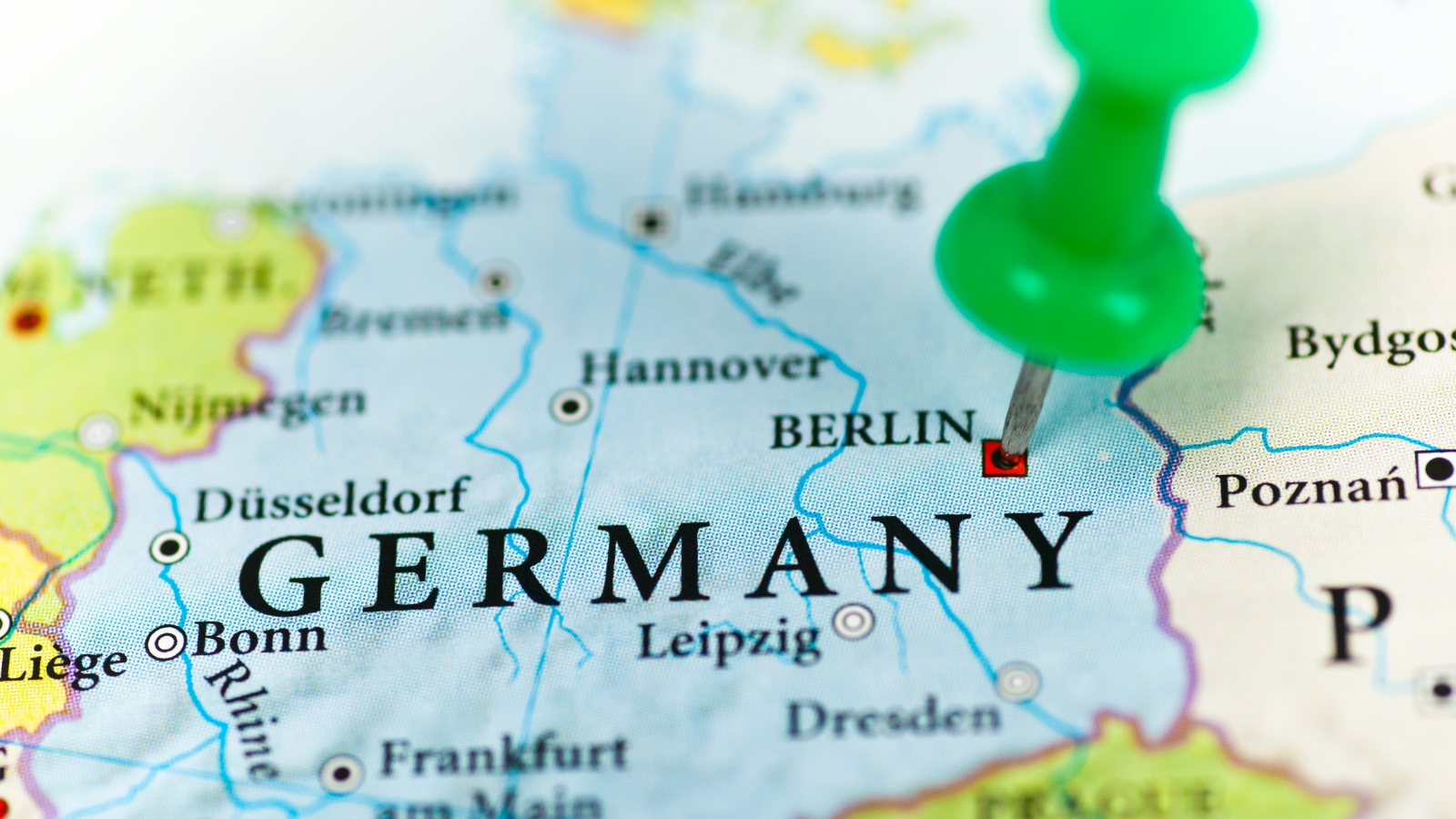Germany's Public Transport Grinds to a Halt With Strikes and Climate Protests
Public transport services in Germany came to a halt as strikes organized by the Verdi union over working hours swept across 14 states, including Berlin. The strikes, affecting buses, trams, and underground trains, were set to conclude in Berlin by 2 p.m. but extended into Saturday in other areas. Concurrently, climate protests advocating for greener transport took place in over 100 cities. Verdi, representing about 90,000 employees, initiated the strikes amid stalled contract talks, aiming for reduced working hours and increased leave. Berlin's BVG criticized the strikes, labeling them as excessive. These strikes, amidst ongoing inflation, follow recent disruptions in air travel and railways. Additionally, discussions between the GDL train drivers' union and Deutsche Bahn collapsed, hinting at potential railway strikes ahead.
WHY IS THIS IMPORTANT?
With public transport at a standstill, there could be increased reliance on alternative modes of transportation, including trucks, for cargo transportation. Additionally, the ongoing climate protests advocating for greener transport underscore the growing importance of environmental sustainability in the transportation sector.
Furthermore, the collapse of discussions between the GDL train drivers' union and Deutsche Bahn suggests potential future disruptions in railway services, further emphasizing the need for contingency planning and adaptability within the industry to mitigate the impact on supply chains and logistics operations.
🔥 OUR HOT TAKE?
The convergence of labor strikes and climate protests in Germany reflects a broader tension between economic priorities and environmental concerns. While the Verdi union pushes for improved working conditions, including reduced hours and increased leave, the strikes disrupt public transportation, causing inconvenience to commuters and potentially impacting supply chains. At the same time, the climate protests underscore the urgent need for greener transportation solutions.
This intersection highlights the complex challenges faced by industries and policymakers in balancing labor rights, environmental sustainability, and economic stability.
Deutsche Bahn, Germany's national railway operator, has initiated the sale of its logistics unit, DB Schenker, as part of its strategy to concentrate on its core railway business.
German trade union IG Metall has rejected Swedish union IF Metall's call for a strike against Tesla Sweden, deeming it illegal.
France, Germany, and Italy have opposed the EU's draft AI legislation, particularly regulations concerning "foundation models" that underpin large AI language models.
A major rescue operation is underway in the North Sea after two cargo ships, the "Verity" and the "Polesie," collided off the German coast.
Germany has allowed France to use state subsidies for its nuclear power plants, breaking a deadlock in EU electricity market reform discussions.
Germany has announced plans to increase police patrols along smuggling routes on its borders with Poland and the Czech Republic to prevent more migrants from entering the country.
In August, new passenger car registrations in Germany increased by 37% year-over-year to 273,417, with a total of 1,913,564 new cars registered in the first eight months of 2023, up 16.5% year-over-year.
Germany, known for its economic prowess, is currently facing a stark reversal of fortune.
Chinese electric car manufacturers are making a significant push into the European market, using platforms like the International Motor Show (IAA) in Munich, Germany, to showcase their presence and challenge established players like BMW and Ford in the realm of battery-powered vehicles.
German automaker BMW has raised its outlook but anticipates challenges ahead related to its supply chain, electrification trends, and inflation
Sennder, the German digital freight forwarder, has announced the renewal of its joint venture with Poste Italiane, Italy's postal operator.
Shipping on Germany's Rhine River is being impacted by low water levels caused by unusually dry weather in Europe.
Intel is investing $4.6 billion in a new assembly and testing facility in Poland and expanding its investment in a semiconductor fabrication plant in Germany, totaling approximately $33 billion.
GXO Logistics has unveiled a multiyear expansion plan in Germany, starting with the construction of a 387,000-square-foot warehouse in Dormagen, a key logistics market.
Germany, Italy, and some other small eastern European countries have formed an alliance in order to voice opposition to Europe’s ban on combustion engines.
Sennder is a Berlin-based digital freight forwarder and logistics company that partners with Amazon to provide delivery services in Europe.
Meant to be spread out over five years, the plan to invest nearly $200 billion in the electrification transition comes on the heels of a 13% increase in operating profit year-over-year.
Experts are claiming that governments cannot afford to keep electric vehicle subsidies in place forever, and some are wondering if Germany is a sign of what’s to come.
Germany has traded Russia for Norway as the country’s import share dropped to just 22% in 2022. Russia began gradually cutting its gas supply via the Nord Stream pipeline to Germany over the summer and shortly thereafter ceased supplying via pipeline in September.
A driver of a Tesla in Bavaria, Germany awoke to quite a surprise on the A70 autobahn near the town of Bamberg, when he realized his vehicle was being chased by police.
German Chancellor Olaf Scholz’s cabinet outlined new regulations this week, highlighting critical infrastructures on a federal level to protect the country from Russian threats against its economy.
Amazon’s decision to integrate into ocean shipping has been speeding up shipments while lowering the company’s emissions via transportation.
Decades ago, the likes of BMW, Volkswagen, and Mercedes-Benz bet it all on China, now selling more vehicles in China than in any other market and building dozens of factories in the country.
Germany’s North Sea trade sphere is suffering from stagnancy.
It may have to get worse before it gets better.
The Rhine River situation is escalating, fast.
The Rhine River in Germany is a major shipping corridor for Central Europe, and it’s slowly drying up.





























Public transport services in Germany came to a halt as strikes organized by the Verdi union over working hours swept across 14 states, including Berlin.